

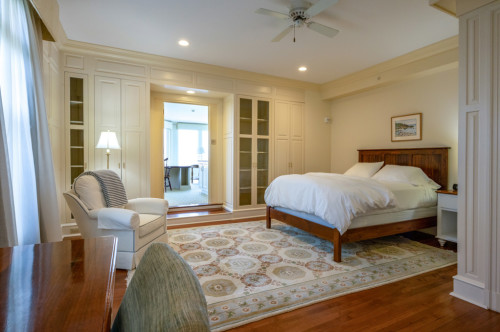
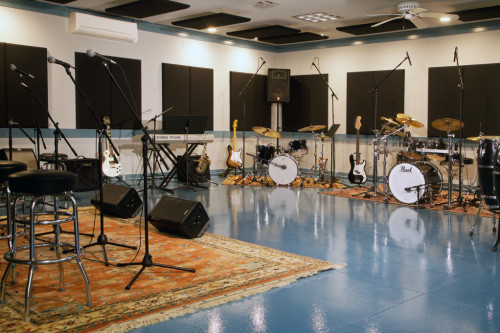
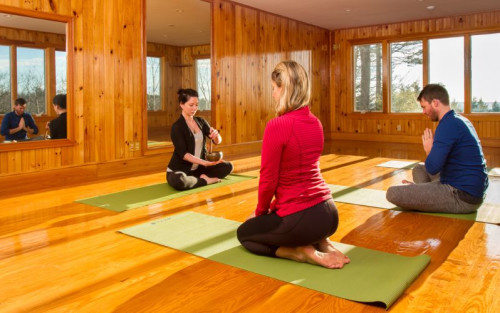




Borden Cottage
Verified Center
This provider's information has been quality-checked by Recovery.com's Research Team for accuracy and completeness, including center verification through appropriate third-party organizations.
Treatment Focus
This center treats substance use disorders and mental health conditions. You'll receive individualized care catered to your unique situation and diagnosis, learn practical skills for recovery, and make new connections in a restorative environment.
Primary Level of Care
Offering intensive care with 24/7 monitoring, residential treatment is typically 30 days and can cover multiple levels of care. Length can range from 14 to 90 days typically.
Treatment Focus
This center treats substance use disorders and mental health conditions. You'll receive individualized care catered to your unique situation and diagnosis, learn practical skills for recovery, and make new connections in a restorative environment.
Primary Level of Care
Offering intensive care with 24/7 monitoring, residential treatment is typically 30 days and can cover multiple levels of care. Length can range from 14 to 90 days typically.
Private Pay
You pay directly for treatment out of pocket. This approach can offer enhanced privacy and flexibility, without involving insurance. Exact costs vary based on program and length of stay. Contact the center for specific details.
Borden Cottage
Borden Cottage
About Borden Cottage
A haven of luxury and privacy on the coast of Maine, Borden Cottage provides unparalleled residential treatment for substance use and co-occurring disorders. With only 8 clients at a time, their intimate setting enables their expert team to highly personalize care that blends evidence-based therapies, holistic practices, and neuropsychological insights to guide private-pay clients toward lasting recovery.
Engage in a Customized Path to Recovery
Borden Cottage crafts individualized treatment programs that combine clinical expertise, evidence-based therapies, and holistic care. Neuropsychological testing and frequent meetings with the care team help tailor each client’s blend of individual and group therapies, medication, and wellness activities like yoga, tai chi, and personal training. Clients engage in cognitive behavioral therapy (CBT), dialectical behavioral therapy (DBT), mindfulness, art therapy, and recovery support groups.
Thrive with Premium Hospitality & Dining
Set atop 14 secluded acres, Borden Cottage blends turn-of-the-century elegance with modern luxury. Clients stay in private, fully appointed rooms with en suite baths within the main house or guest cottages. The estate features a luxurious wellness facility, pool, theater, billiards, and a bowling alley. An in-house chef prepares gourmet meals using local, seasonal ingredients, served in the communal dining room, a restored 1950s diner, or on the ocean-facing deck.
Reinforce Recovery Long After Treatment Ends
Borden Cottage offers a seamless continuum of care to support lasting sobriety. They connect clients with essential resources for a smooth transition after treatment, helping clients find therapy, sober coaching, case management, and more. Their alumni program is a community designed to provide ongoing support through a strong peer network grounded in shared experiences.

Highlights from the Center
Highlights
These highlights are provided by and paid for by the center.
Master's and Doctoral Level Therapists
Private Rooms Only
Tech Friendly
Executive Treatment
Center Overview
Treatment Focus
This center treats substance use disorders and mental health conditions. You'll receive individualized care catered to your unique situation and diagnosis, learn practical skills for recovery, and make new connections in a restorative environment.

Borden Cottage
Pricing and Program Length
Estimated Center Costs
The cost listed here ($140,000 Program / 45 Day Minimum), is an estimate of program cost. Center price can vary based on program and length of stay. Contact the center for more information. Recovery.com strives for price transparency so you can make an informed decision.


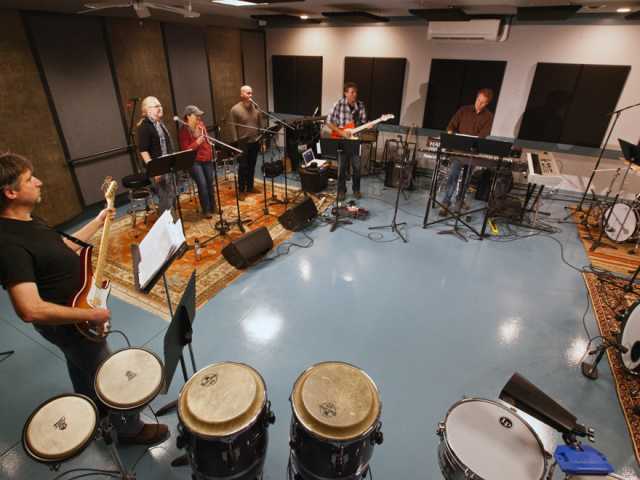

Recovery.com Verified Listing
Recovery.com verified that the name, location, contact information and license to operate for this treatment provider are valid and up-to-date.

Licensed by DHHS Maine
Recovery.com is an independent, third-party mental health resource. Verification does not imply endorsement and does not guarantee the quality of treatment services.
Meet Your Care Team

Jeff Jay
President & CEO

Tom Rodman
Founder

Robert Wall
Family & Psychiatric Nurse Practitioner
APRN-BC, FNP-BC, PMHNP-BC

Dr. Kate Ervin
Medical Director
MD
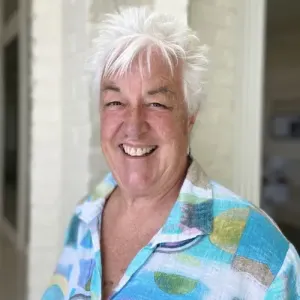
Dr. Deb Peabody
Medical Provider
MD

Peg Crowder
Psychiatric Nurse Practitioner
APRN, FNP-BC, PMHNP-BC

Jo-Ann Cook
Clinical Director
LCSW

Kate Ryan
Primary Therapist
LCSW, LADC
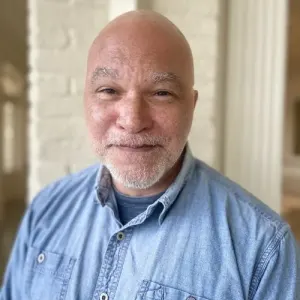
Erik Nickerson
Primary Therapist
LCSW
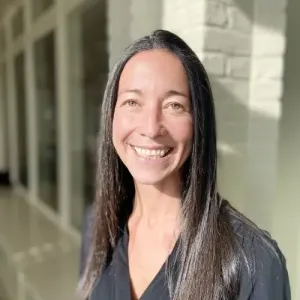
Jessie Kemp
Nurse Supervisor
RN

Judy Rokous
Neuropsychometrist Consultant, Executive Functioning Coach
M.S.
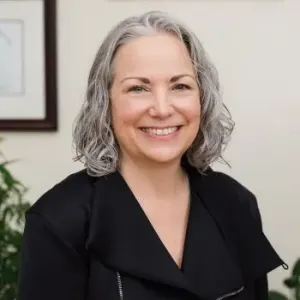
Kendra L. Bryant
Neuropsychology Consultant
Ph.D., ABPP-CN
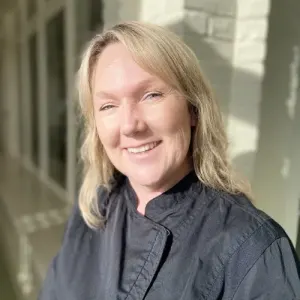
Jaci Littlefield
Executive Chef

Laurie McLoughlin
Yoga Instructor
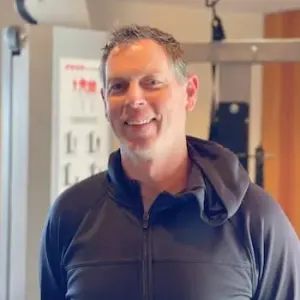
Matt Merrifield
Personal Trainer
Your Care Options
Specializations
Alcohol
Using alcohol as a coping mechanism, or drinking excessively throughout the week, signals an alcohol use disorder.
Co-Occurring Disorders
A person with multiple mental health diagnoses, such as addiction and depression, has co-occurring disorders also called dual diagnosis.
Depression
Symptoms of depression may include fatigue, a sense of numbness, and loss of interest in activities. This condition can range from mild to severe.
Drug Addiction
Drug addiction is the excessive and repetitive use of substances, despite harmful consequences to a person's life, health, and relationships.
Executives
Executive treatment programs typically directly support the needs of people who manage businesses and may provide flexible schedules and office space to allow work during treatment.
Trauma
Some traumatic events are so disturbing that they cause long-term mental health problems. Those ongoing issues can also be referred to as "trauma."
Who We Treat
Executives
Executive treatment programs typically directly support the needs of people who manage businesses and may provide flexible schedules and office space to allow work during treatment.
Men and Women
Men and women attend treatment for addiction in a co-ed setting, going to therapy groups together to share experiences, struggles, and successes.
Mild Disabilities
Adults with mild physical or intellectual disabilities receive treatment catered to their specific needs in a safe and clinically supportive environment.
Professionals
Busy, high-ranking professionals get the personalized treatment they need with greater accommodations for work, privacy, and outside communication.
Treatment Services
Intensive Inpatient
The highest level of care, medically managed intensive inpatient services provides 24-hour nursing and physician care.
Detox
Detox fully and safely removes toxic substances from the body, allowing the next steps in treatment to begin with a clean slate.
Detox (on-site with residential)
This is often the first step of addiction treatment. For many people, it's dangerous to detox without proper medical support.
Intensive Family Program
Some rehabs offer intensive programs for loved ones. Group and individual therapy sessions help everyone heal, and improve family dynamics.
Residential
In a residential rehab program, patients live onsite, with access to daily treatment and 24-hour care. An average stay is 30-90 days.
Approaches
Evidence-Based
A combination of scientifically rooted therapies and treatments make up evidence-based care, defined by their measured and proven results.
Experiential
Expressive tools and therapies help patients process past situations, learn more about themselves, and find healing through action.
Family Involvement
Providers involve family in the treatment of their loved one through family therapy, visits, or both–because addiction is a family disease.
Medical
Medical addiction treatment uses approved medications to manage withdrawals and cravings, and to treat contributing mental health conditions.
Twelve Step
Incorporating spirituality, community, and responsibility, 12-Step philosophies prioritize the guidance of a Higher Power and a continuation of 12-Step practices.
Wellness
Wellness philosophies focus on the physical, mental, and spiritual wellness of each patient, helping them restore purpose with natural remedies.
Therapies
1-on-1 Counseling
Patient and therapist meet 1-on-1 to work through difficult emotions and behavioral challenges in a personal, private setting.
Meditation & Mindfulness
A practiced state of mind that brings patients to the present. It allows them to become fully aware of themselves, their feelings, and the present moment.
Trauma-Specific Therapy
This form of talk therapy addresses any childhood trauma at the root of a patient's current diagnosis.
Transcranial Magnetic Stimulation
Localized magnetic pulses stimulate areas of the brain to increase brain activity and reduce abnormal functions.
Adventure Therapy
This experiential approach uses the physical and emotional challenges of outdoor activities as tools for personal growth.
Art Therapy
Visual art invites patients to examine the emotions within their work, focusing on the process of creativity and its gentle therapeutic power.
Medication-Assisted Treatment
Combined with behavioral therapy, prescribed medications can enhance treatment by relieving withdrawal symptoms and focus patients on their recovery.
Mindfulness-Based Cognitive Therapy
MBCT combines mindfulness practices—like meditation—with cognitive therapy techniques to help patients work through negative thought patterns.
Conditions We Treat
Grief and Loss
Grief is a natural reaction to loss, but severe grief can interfere with your ability to function. You can get treatment for this condition.
Personality Disorders
Personality disorders destabilize the way a person thinks, feels, and behaves. If untreated, they can undermine relationships and lead to severe distress.
ADHD, ADD
ADHD is a common mental health condition caused by dopamine imbalance. Common symptoms include inattention, hyperactivitiy, and impulsivity.
Anxiety
Anxiety is a common mental health condition that can include excessive worry, panic attacks, physical tension, and increased blood pressure.
Bipolar
This mental health condition is characterized by extreme mood swings between depression, mania, and remission.
Codependency
Codependency is a pattern of emotional dependence and controlling behavior. It's most common among people with addicted loved ones.
Depression
Symptoms of depression may include fatigue, a sense of numbness, and loss of interest in activities. This condition can range from mild to severe.
Obsessive Compulsive Disorder (OCD)
OCD is characterized by intrusive and distressing thoughts that drive repetitive behaviors. This pattern disrupts daily life and relationships.
Substances We Treat
Alcohol
Using alcohol as a coping mechanism, or drinking excessively throughout the week, signals an alcohol use disorder.
Benzodiazepines
Benzodiazepines are prescribed to treat anxiety and sleep issues. They are highly habit forming, and their abuse can cause mood changes and poor judgement.
Co-Occurring Disorders
A person with multiple mental health diagnoses, such as addiction and depression, has co-occurring disorders also called dual diagnosis.
Cocaine
Cocaine is a stimulant with euphoric effects. Agitation, muscle ticks, psychosis, and heart issues are common symptoms of cocaine abuse.
Drug Addiction
Drug addiction is the excessive and repetitive use of substances, despite harmful consequences to a person's life, health, and relationships.
Ecstasy
Ecstasy is a stimulant that causes intense euphoria and heightened awareness. Abuse of this drug can trigger depression, insomnia, and memory problems.
Heroin
Heroin is a highly addictive and illegal opioid. It can cause insomnia, collapsed veins, heart issues, and additional mental health issues.
Methamphetamine
Methamphetamine, or meth, increases energy, agitation, and paranoia. Long-term use can result in severe physical and mental health issues.
Languages
Aftercare
Care Designed for Your Needs
Personal Amenities
Amenities
Special Considerations
Executive Program
Addiction and mental health treatment for executives typically involves high discretion, greater technology access, and more private, 1-on-1 care.
Flexible technology policies
Centers with flexible technology policies allow professionals to stay in touch with work and give patients a greater sense of connection and normalcy.
Activities
Off-Site Activities
Yoga
Yoga is both a physical and spiritual practice. It includes a flow of movement, breathing techniques, and meditation.
Learn More About the Center
Facilities & Activities
The facilities are designed to support recovery and promote wellness.
Mental Health Treatment
Discover how comprehensive care addresses both addiction and co-occurring mental health conditions.
Mindfulness Program
Learn how mindfulness practices can enhance emotional resilience and long-term recovery success.
Borden Cottage FAQs
Get clear answers about treatment, amenities, and what to expect at Borden Cottage.
What people are saying
Treatment
4.8
Accommodations
5.0
Food & Nutrition
5.0
Value
4.9
Carol
Reviewed 09/05/24
Review from Rehabs.com
Shayne Anderson
Reviewed 01/13/24
Referring Professional
•Interventionist
Alexis H
Reviewed 01/02/24
Referring Professional
•Case Manager
Yasmin S
Reviewed 01/08/24
Referring Professional
•Therapist





